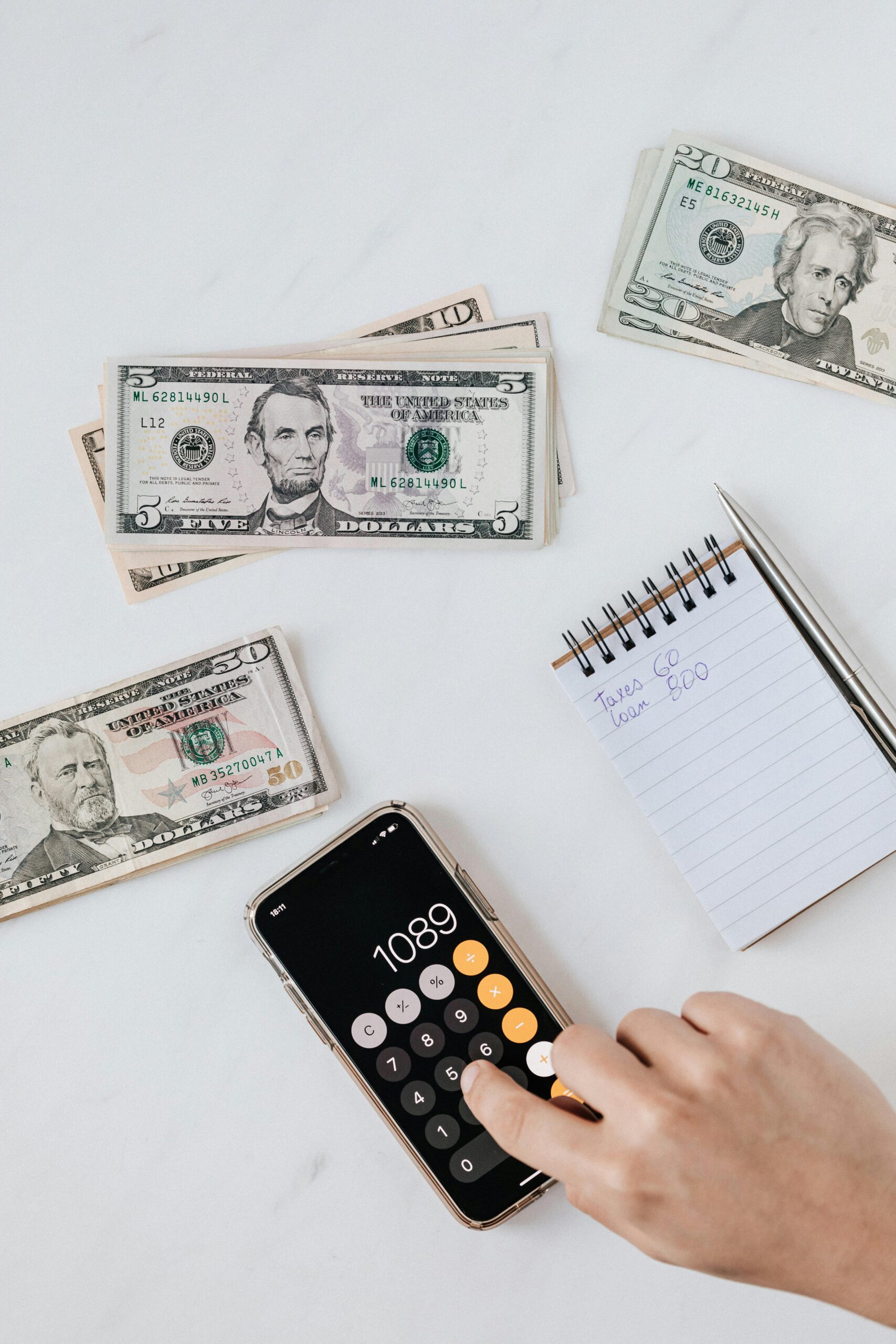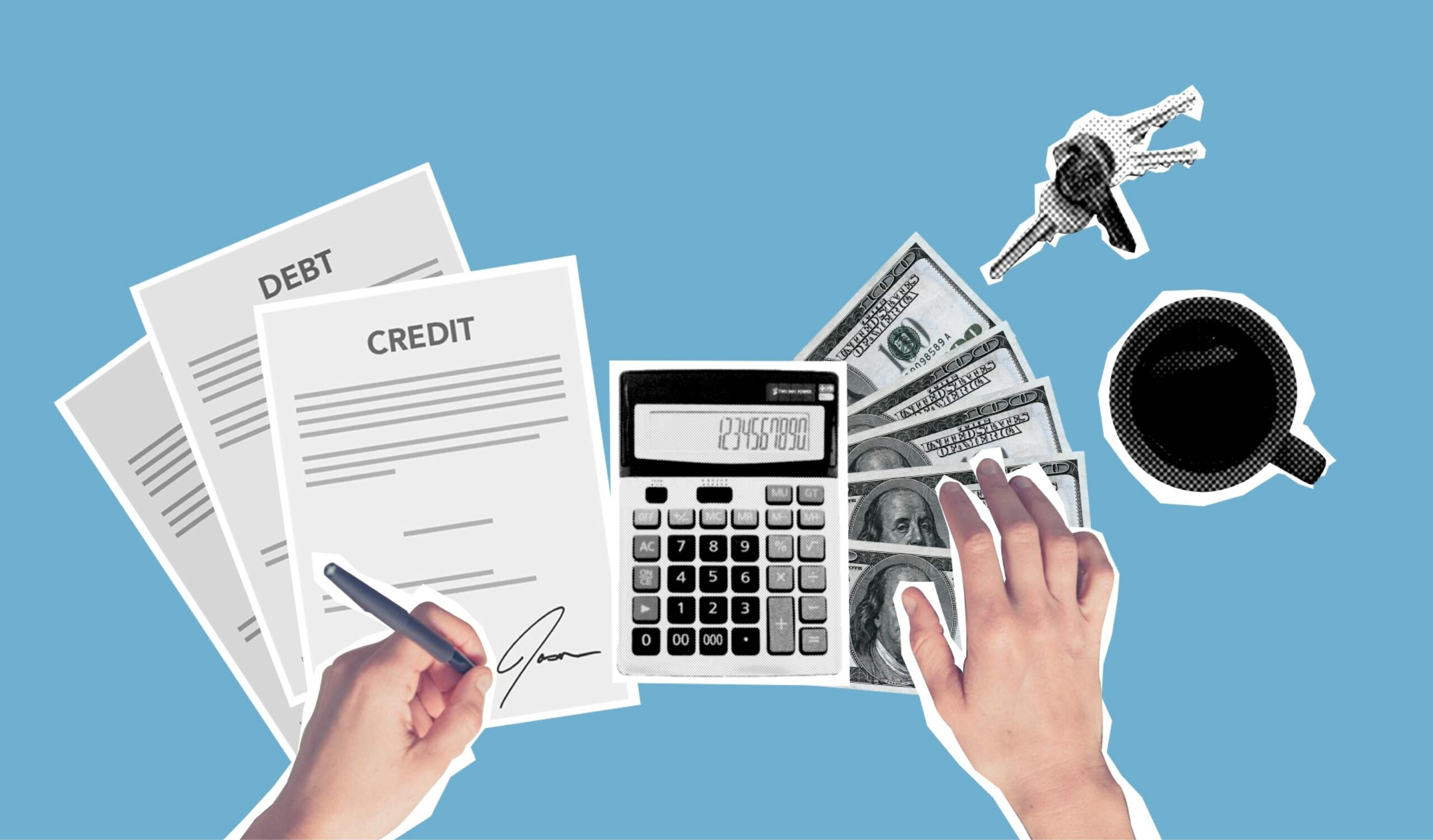Debt can often feel like a heavy weight dragging you down, but with the right strategies, you can break free from its grasp sooner than you think. In this article, we’ll explore some simple yet effective tricks to help you pay off your debt faster, allowing you to regain control of your finances and pave the way to a brighter financial future.
Table of Contents
ToggleUnderstanding the Burden of Debt
Before diving into the strategies to pay off debt faster, it’s essential to understand the impact that debt can have on your financial well-being. High interest rates, mounting payments, and the stress of owing money can take a toll on both your mental and emotional health. One of the most crucial steps in paying off debt is creating a budget.
Cutting Expenses
Cutting expenses is another effective way to free up more money for debt repayment. Start by identifying non-essential expenses such as dining out, subscription services, or impulse purchases, and find ways to reduce or eliminate them. Consider adopting a more frugal lifestyle by cooking at home, using coupons, or opting for free or low-cost entertainment options.
Increasing Income
In addition to cutting expenses, increasing your income can accelerate your debt payoff journey. Look for opportunities to boost your income, such as taking on a side hustle or freelance work. You can also consider negotiating a raise or seeking out higher-paying job opportunities. Every extra dollar you earn can be put towards paying off your debt faster.
Consolidating Debt
Consolidating your debt can streamline your payments and potentially lower your interest rates, making it easier to manage and pay off your debt faster. There are several methods of debt consolidation, including balance transfers and debt consolidation loans. Be sure to weigh the pros and cons of each option and choose the one that best fits your financial situation.
Seeking Professional Help
If you’re struggling to manage your debt on your own, don’t hesitate to seek professional help. Credit counseling agencies can provide personalized advice and assistance with debt management plans. Debt settlement companies can also help negotiate with creditors on your behalf to reduce the amount you owe. However, be cautious and research any company thoroughly before enlisting their services.
Staying Motivated
Paying off debt can be a long and challenging journey, so it’s essential to stay motivated along the way. Visualize the day when you’ll be debt-free and use that vision to fuel your determination to keep going, even when the road gets tough.
Conclusion
Paying off debt faster requires commitment, discipline, and a solid plan of action. By creating a budget, prioritizing debt payments, cutting expenses, increasing income, consolidating debt, seeking professional help, and staying motivated, you can accelerate your journey toward financial freedom and enjoy a debt-free future.
FAQs
- How long does it take to pay off debt using these strategies?
- The time it takes to pay off debt varies depending on factors such as the amount of debt you owe, your income, and how aggressively you’re able to tackle your debt. However, following these strategies can significantly shorten the repayment timeline.
- Are there any risks associated with debt consolidation?
- While debt consolidation can be beneficial, it’s essential to be aware of potential risks such as accruing more debt if you’re not careful with your spending habits. Additionally, some consolidation methods may come with fees or impact your credit score.
- What should I do if I encounter unexpected expenses while paying off debt?
-
- It’s essential to have an emergency fund in place to cover unexpected expenses while paying off debt. If you don’t have an emergency fund, consider pausing debt payments temporarily to address the urgent expense without going further into debt.
- Should I close credit accounts once they’re paid off?
- While closing credit accounts can help reduce the temptation to accumulate more debt, it can also impact your credit score by reducing your available credit and potentially increasing your credit utilization ratio. Consider keeping accounts open but inactive to maintain a positive credit history.
- Is it possible to negotiate with creditors directly?
- Yes, it’s possible to negotiate with creditors directly to lower interest rates, waive fees, or establish a more manageable repayment plan. Be prepared to explain your financial situation honestly and advocate for yourself to reach a mutually beneficial agreement.




